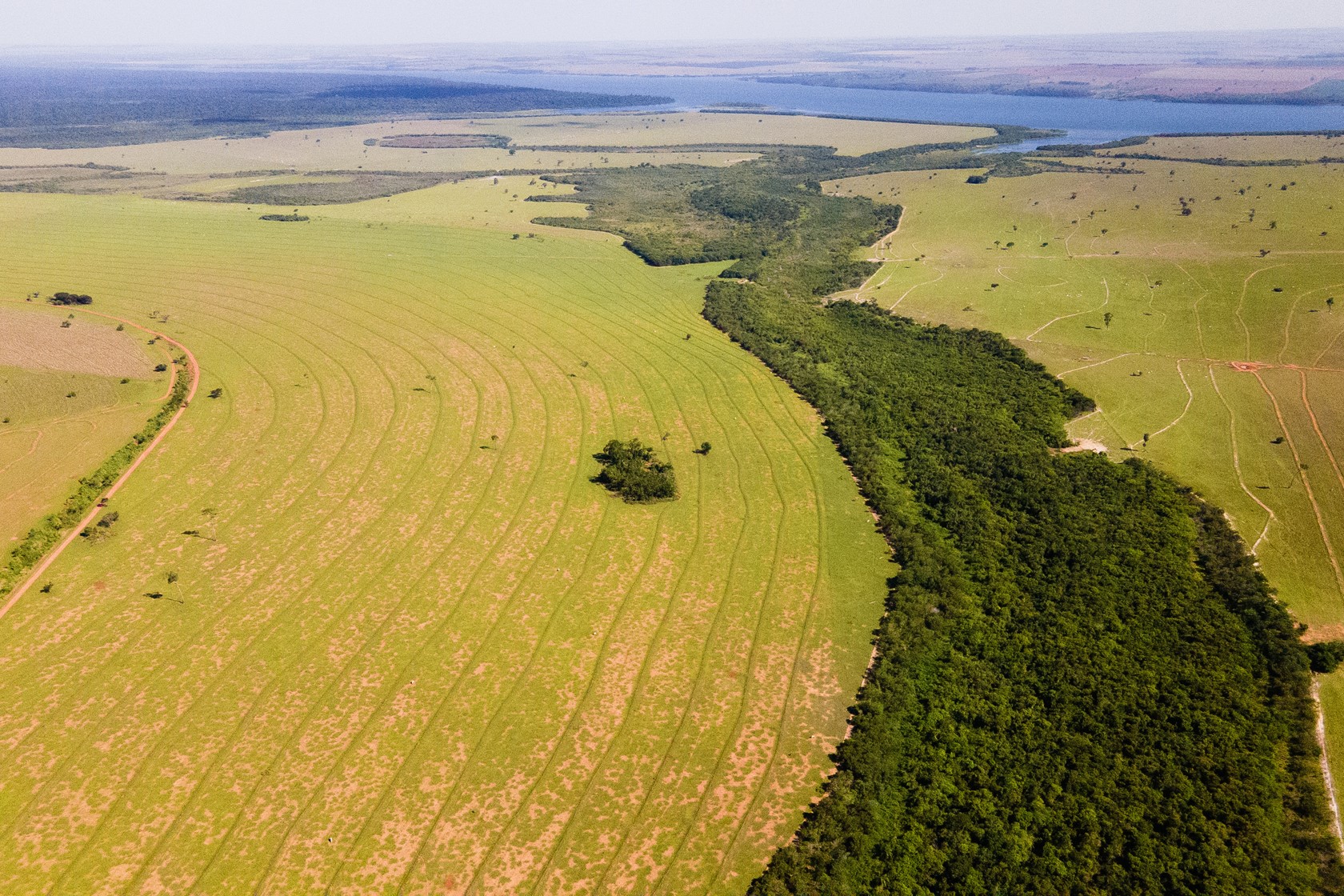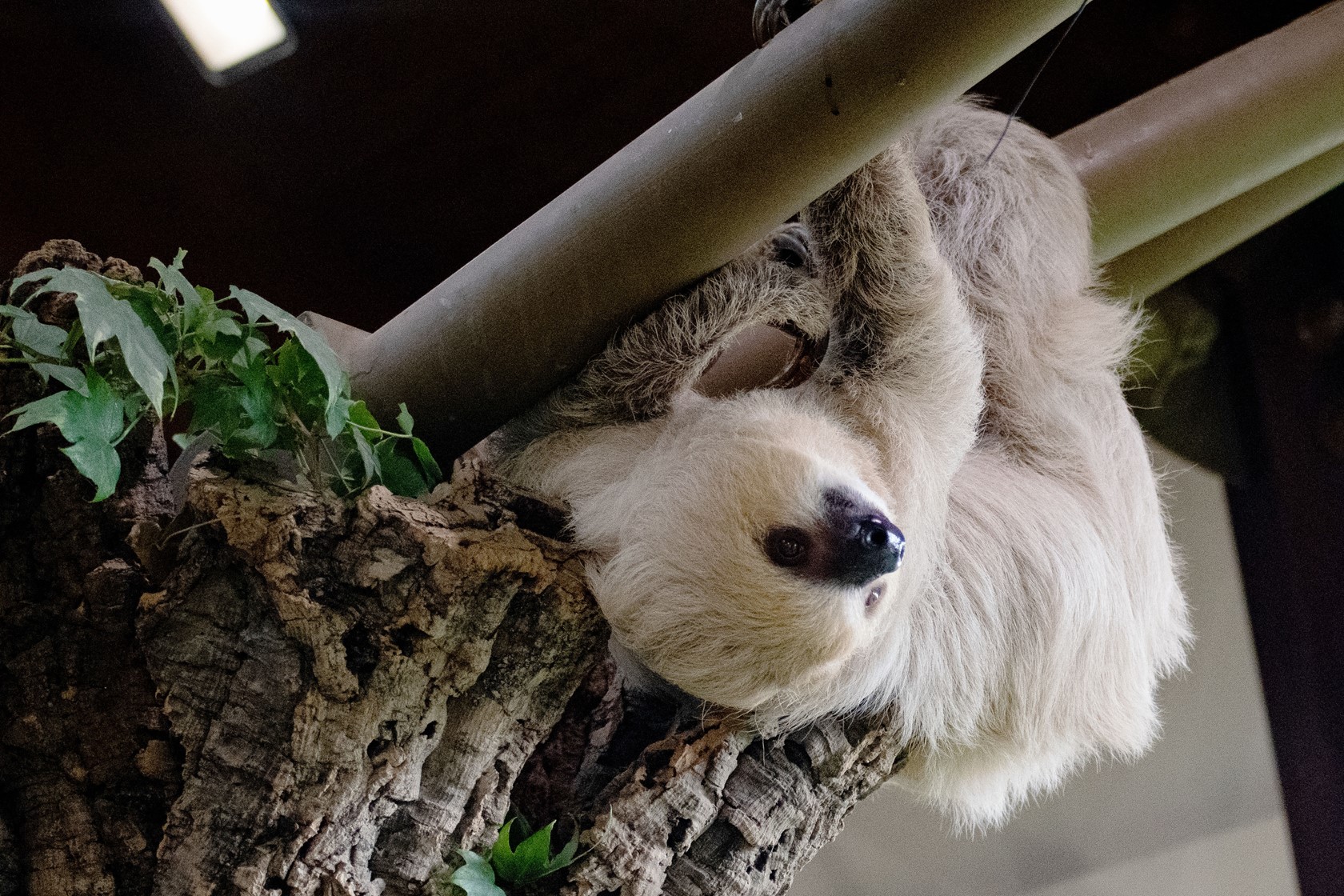First baby aye-aye to be hand-reared at Jersey Zoo
Sadly, the infant was rejected by its mother, and keepers had to step in to hand-rear the baby. Despite the zoo staff’s efforts to encourage Zanvie to care for her young, she appears to lack maternal instincts.
Senior Mammal Keeper, Rachel Cowen, said, “Unfortunately, Zanvie doesn’t seem to want to feed her offspring or curl up around them to keep them warm. Two of her infants have been successfully hand-reared before while Zanvie resided at Bristol Zoo, so we knew that we might have to hand-rear this baby. The global captive population of aye-ayes is quite small, and there aren’t very many females of breeding age in the European population, so it is still really important for Zanvie to breed, as she is the daughter of wild-born aye-aye Patrice, who was brought back from Madagascar by Gerald Durrell in 1990 and still lives at Jersey Zoo today.”
Globally, this aye-aye is only the fifth baby to be fully hand-reared to this age and brings the total number of aye-ayes at Jersey Zoo to nine. Quickly sexed as female and fondly named by her keepers as Mifaly, meaning ‘playful’ and ‘to rejoice’ in Malagasy, she was also one of the smallest babies on record, weighing only 65g. Newborn aye-ayes would usually weigh between 90g–120g, but Mifaly has progressed extremely well and has now more than trebled her birth weight.
Rachel continued, “It has been an incredible privilege to witness the infant’s growth and development, as normally baby aye-ayes stay hidden in the nest for the first couple of months, so we don’t get to see what they are doing in there! It’s been amazing to see how instinctive some of their behaviours are. She has recently started to ‘tap’ things in her box and then try to chew on them – this is her beginning to practice the percussive foraging behaviour that aye-ayes do in the wild, which enables them to access their favourite juicy grubs and insects from under the tree bark. She is incredibly playful and to have another female in the population is fantastic news for the conservation of this rare species.”
The aye-aye is a species of lemur from Madagascar and, like many primates native to the island, is an endangered species. Given the serious state of their population in the wild, this precious new baby is a welcome addition to the captive breeding programme.
The baby aye-aye born in March to Ala and Pan is developing well and has now been sexed as a male. Zoo staff say he is getting braver and more confident at moving around the enclosure but is still a little shy around the keepers.
Jersey Zoo is open to all visitors, with the majority of outdoor and indoor areas now open. Unfortunately, the aye-aye building is currently closed due to physical distancing measures, but we hope to open it again soon so that visitors can see this year’s exciting new arrivals.

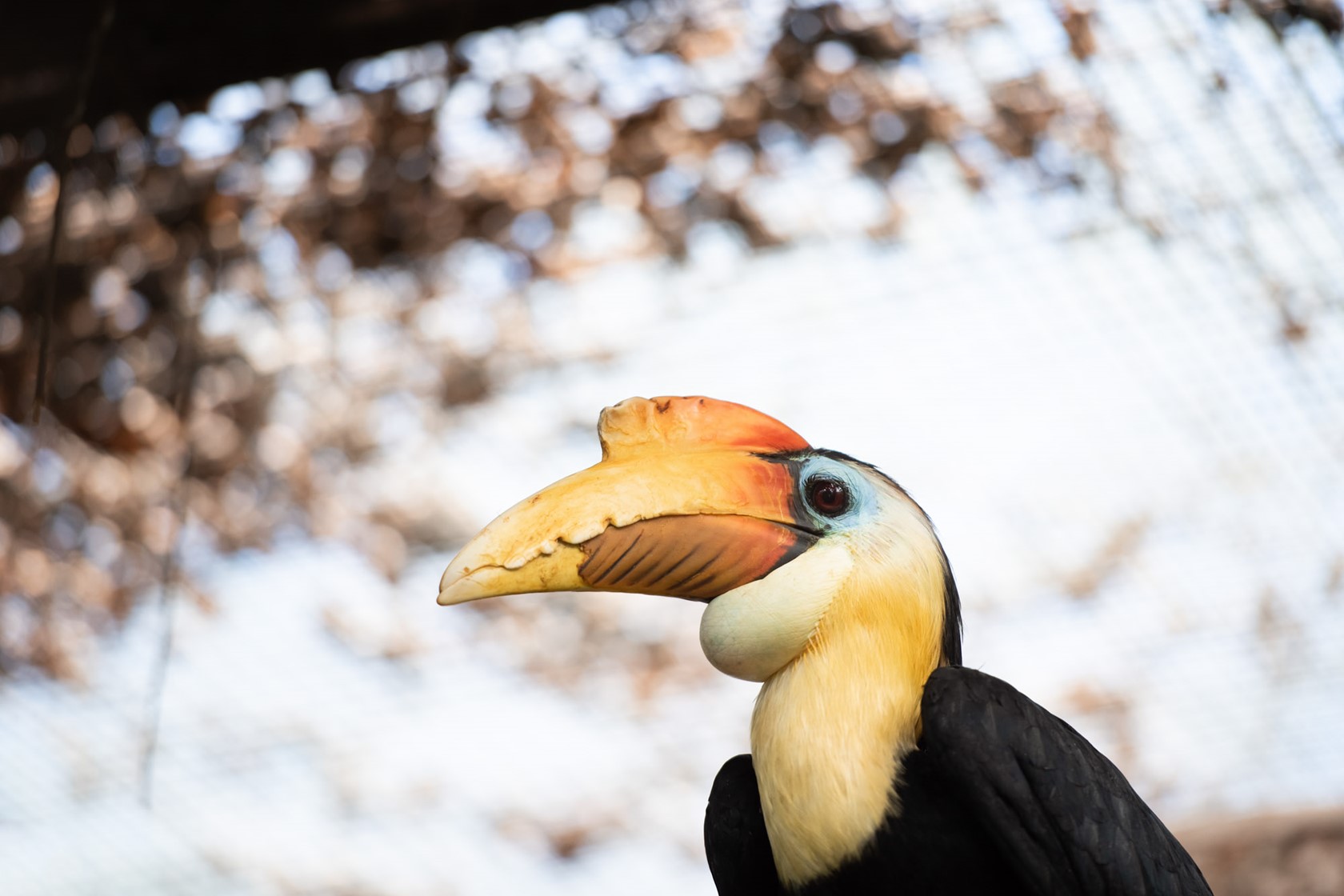
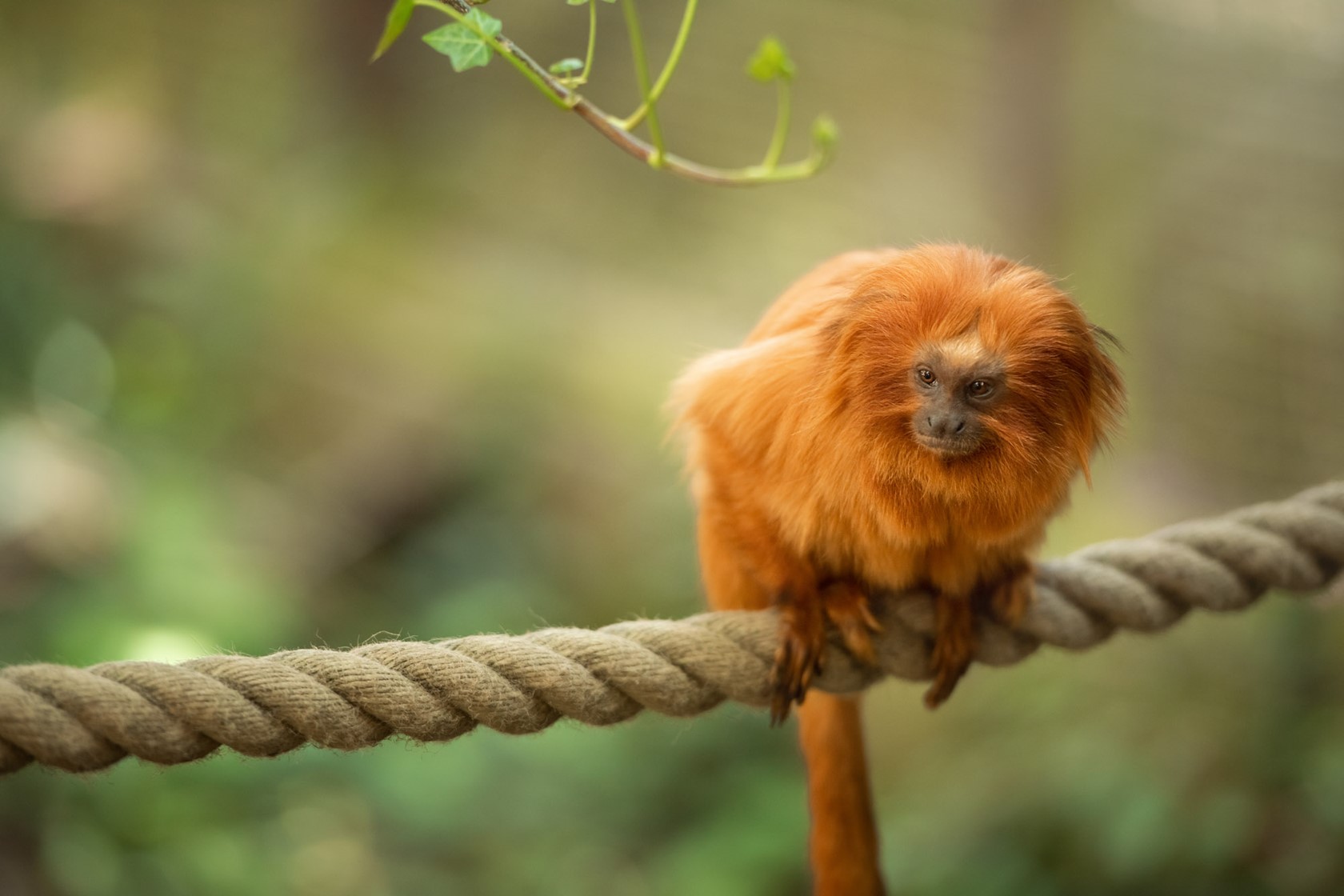
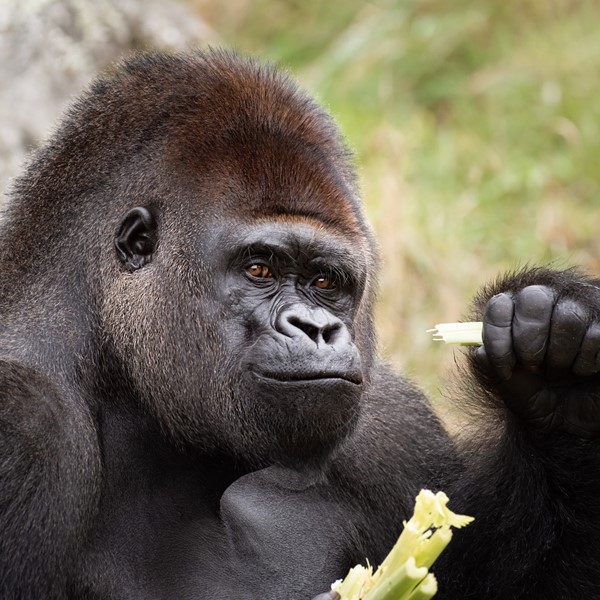 Mammals
Mammals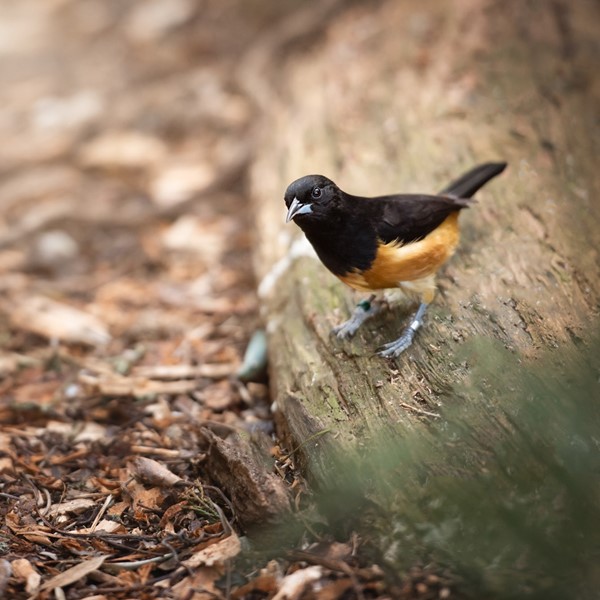 Birds
Birds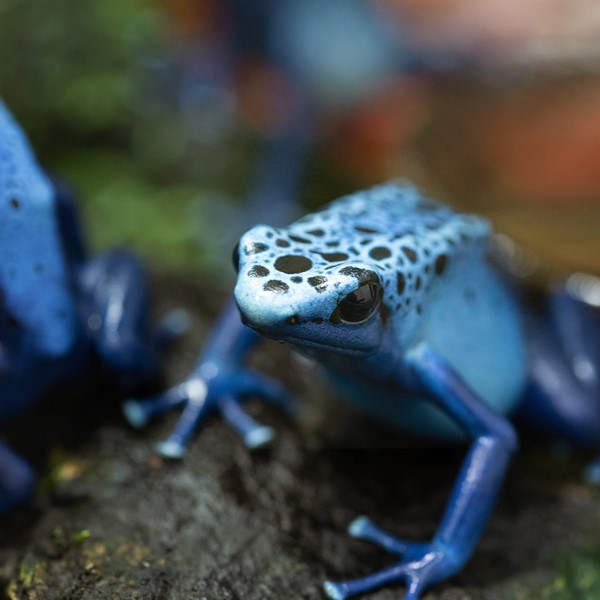 Amphibians
Amphibians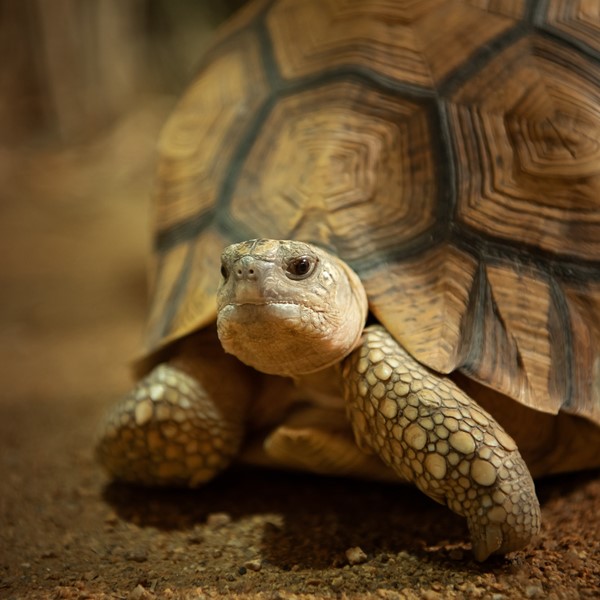 Reptiles
Reptiles

